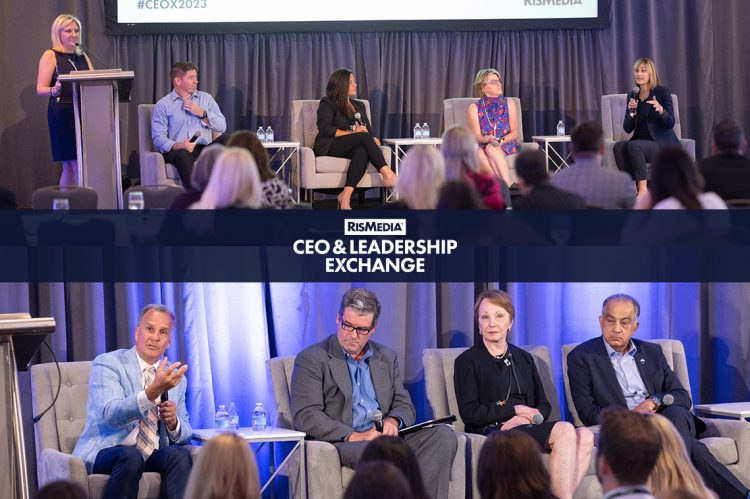Top row from left: Sherri Johnson, Donnie Samson, Jackie Louh, Robyn Erlenbush and Dava Davin. Bottom row, from left: Mike Pappas, Matthew O’Connor, Diane Ramirez and Hadi Atri. Not pictured: moderator Kate Reisinger. Photos by AJ Canaria.
Taking Advantage of Client Reviews (and Referrals)
Client reviews are very important to your team’s business and how you market yourself. Plus, referrals are the easiest and most surefire way to gain more clientele. Read more.
Business Tip of the Day provided by
Categories
The Most Important Real Estate News & Events
Click below to receive the latest real estate news and events directly to your inbox.
By signing up, you agree to our TOS and Privacy Policy.













